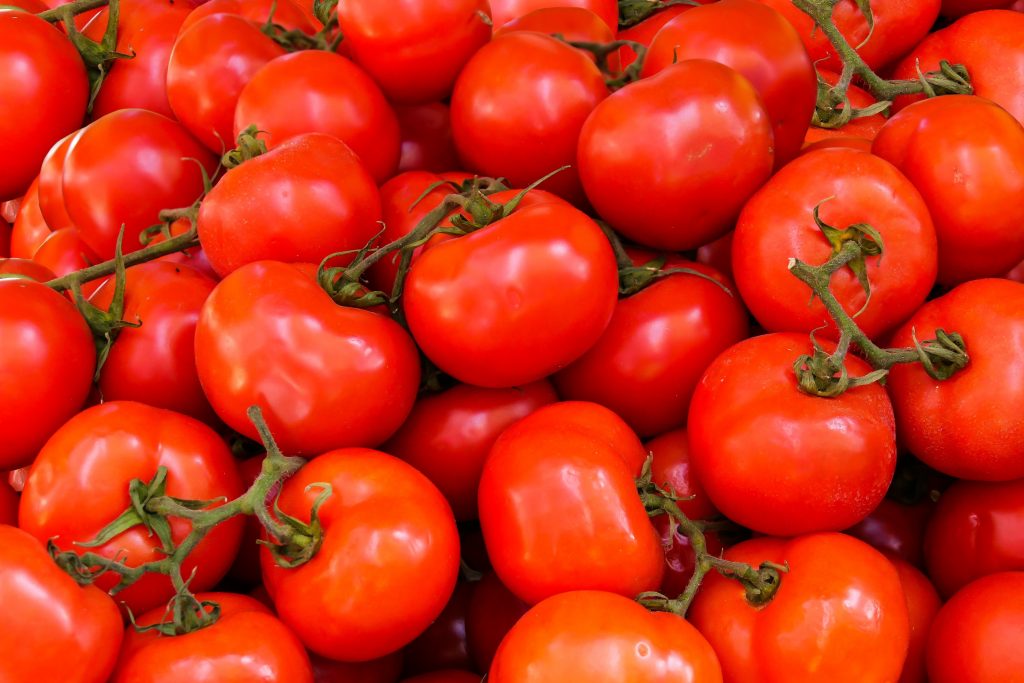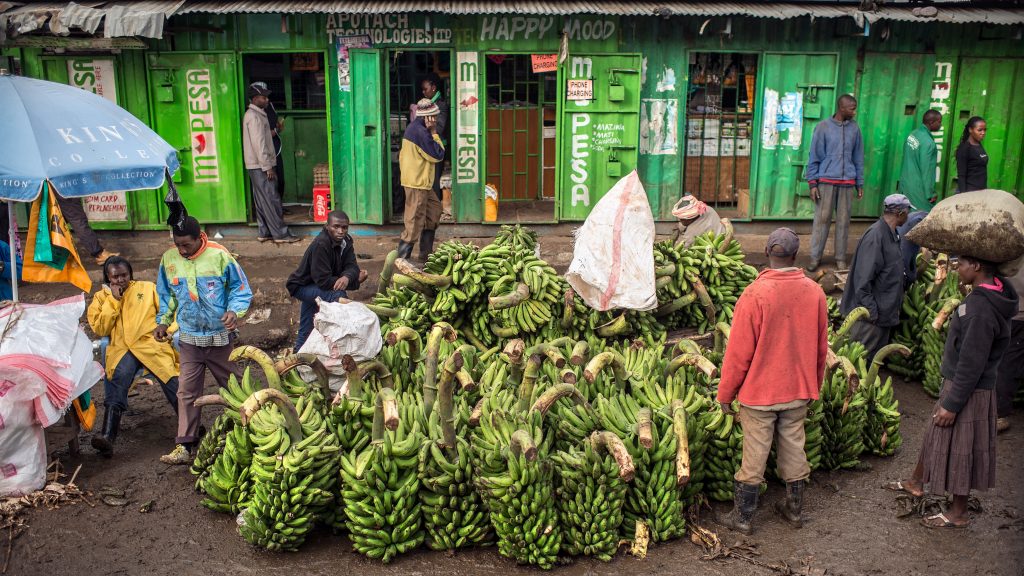El Puesto para Plantas de Achuapa, Nicaragua ayuda a mantener la producción de ajonjolí
Por Solveig Danielsen, Luis Medina, Patricia Castillo y Eduardo Hidalgo El ajonjolí es un cultivo de mucha importancia socioeconómica para los pequeños productores de la franja del pacífico de Nicaragua. Desde principio de los años 90, la Cooperativa Juan Francisco Paz Silva produce y procesa ajonjolí para la exportación de aceite a Estados Unidos, Inglaterra…
The Achuapa plant clinic helps to maintain sesame yields in Nicaragua
By Solveig Danielsen, Luis Medina, Patricia Castillo and Eduardo Hidalgo Sesame is a crop of great socioeconomic importance for smallholder farmers of the pacific region of Nicaragua. Since the early 90s, the Juan Francisco Paz Silva Cooperative has produced sesame oil, mainly for export to the United States, England and Japan.
Fighting hunger in West Africa with shrubs
Improving food production in drought-prone, insecure areas of West Africa is a major challenge and concern for governments and their respective communities. A new crop management system incorporating the promotion of perennial shrubs may be a key potential solution to such problems.
Bringing technical support to isolated ethnic groups in the Mosquitia region of Honduras
By Eduardo Hidalgo, Project Scientist, CABI South America The Mosquitia is a territory of 16,997 km², located on the Caribbean coast of Honduras and inhabited mainly by the indigenous Miskito, Tawahka, Pech, and Garífuna ethnic groups. Of the 100,000 inhabitants, 36% are Miskitos who depend mainly on agriculture and fishing. The Mosquitia is one of…
Llevando apoyo técnico a las etnias aisladas de la Mosquitia, Honduras
Por Eduardo Hidalgo La Mosquitia es un territorio de 16.997 km², ubicado en la costa del Caribe de Honduras y habitado principalmente por las etnias indígenas misquita, tawahka, pech y garífuna. La población es de 100,000 habitantes de los cuales el 36% son misquitos y sus principales actividades son la agricultura y la pesca. La…
The future for coastal farmers in Bangladesh
A recent study published in Nature Climate Change has suggested that the future global effects of climate change will impact the livelihoods of over 200,000 coastal farmers in Bangladesh as sea levels rise. Flooding of saltwater is already negatively impacting coastal residents in the country as soil conditions alter, causing farmers to either change from…
Update: New Pest & Disease Records (05 November 18)
We’ve selected a few of the latest new geographic, host and species records for plant pests and diseases from CAB Abstracts. Records this fortnight include the first report of Trochoideus desjardinsi in Cuba. 8 new records of Curculionidae in Saudi Arabia and 3 new species of aphids in China.
Tailor-made crop varieties for farmers
Bacterial wilt (Ralstonia solanacearum) is one of the world’s most devastating plant diseases, with major crops such as tomato, potato and pepper being severely affected. Until now, crop breeders and farmers have had to simply wait for their crops to mature to determine the level of resistance to the disease. New research has shown that…
Reverse innovation brings new intelligence to food chain pest management
CABI has today launched PestSmart Diagnostics in Europe and North America, a new and unique e-learning course based on training developed for the award-winning Plantwise agricultural programme aimed at farmers in developing countries. PestSmart promises to benefit the way businesses in the food supply chain manage plant health problems to grow more and better produce.
Plant health key to reducing world hunger
By Katie Tomlinson On the 16th October, World Food Day events will take place around the globe to draw attention to the growing problem of world hunger and malnutrition. Shockingly, the FAO has reported that 10% of the global population experienced severe food insecurity in 2017 and that world hunger has increased for the third…




